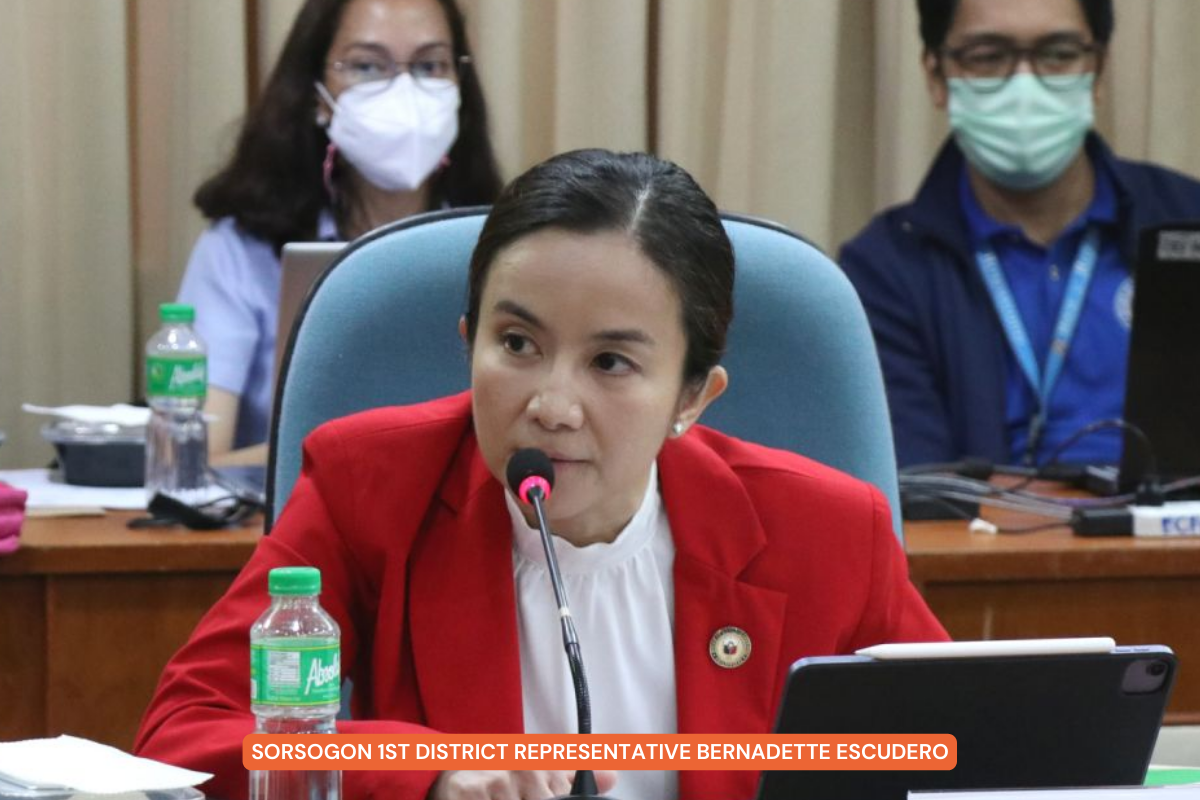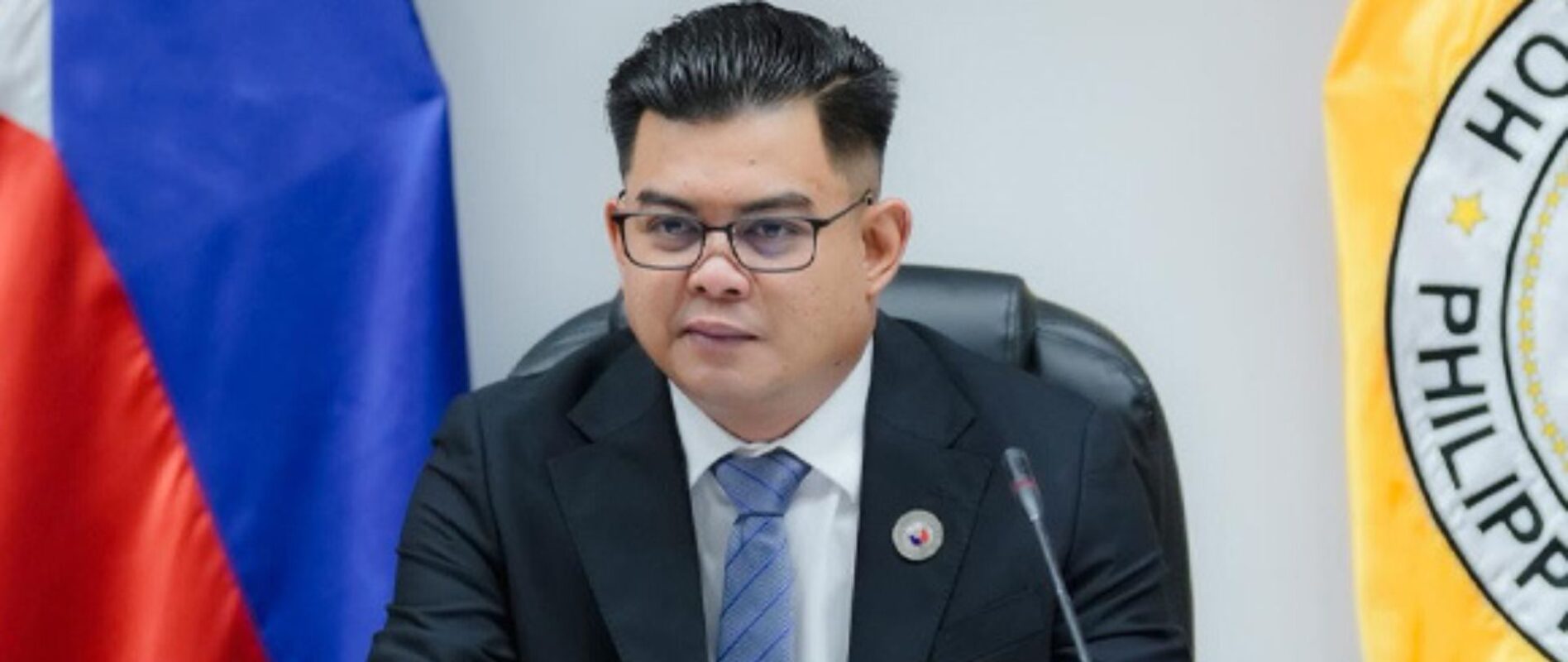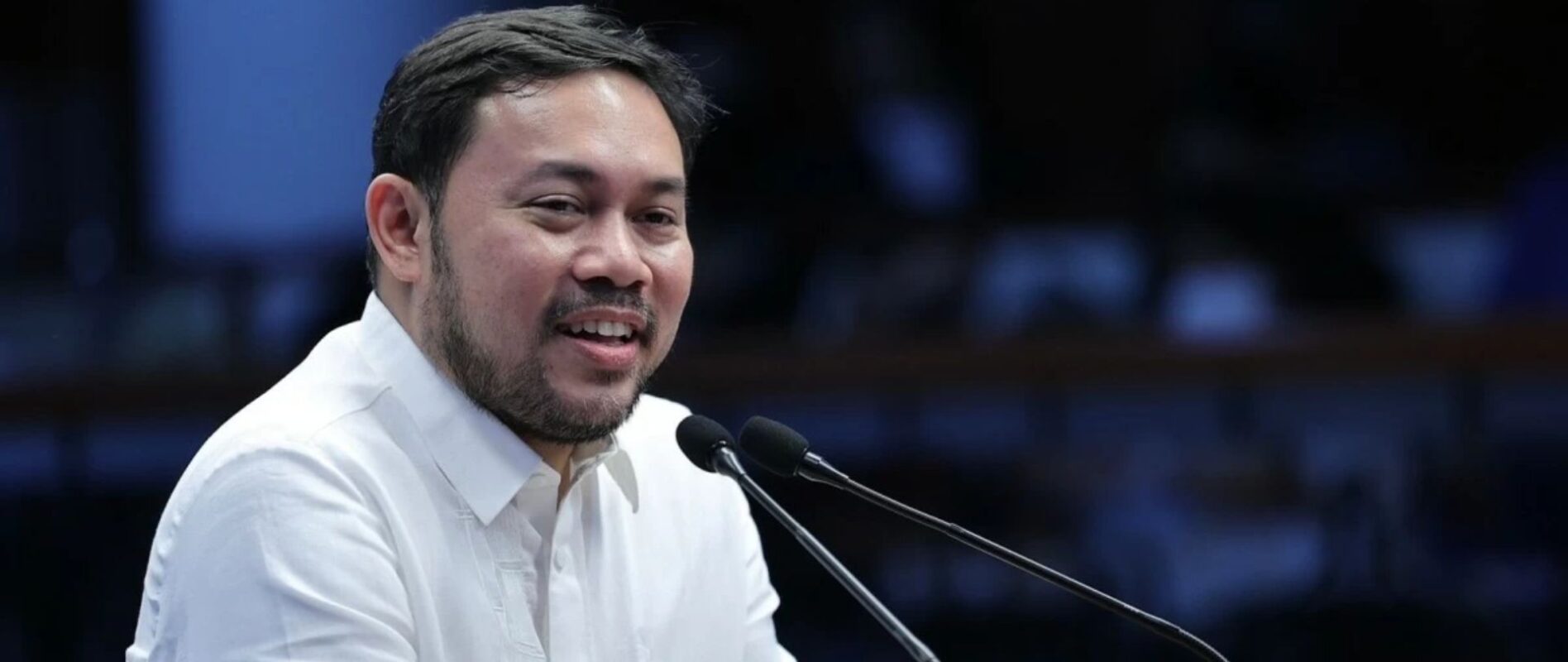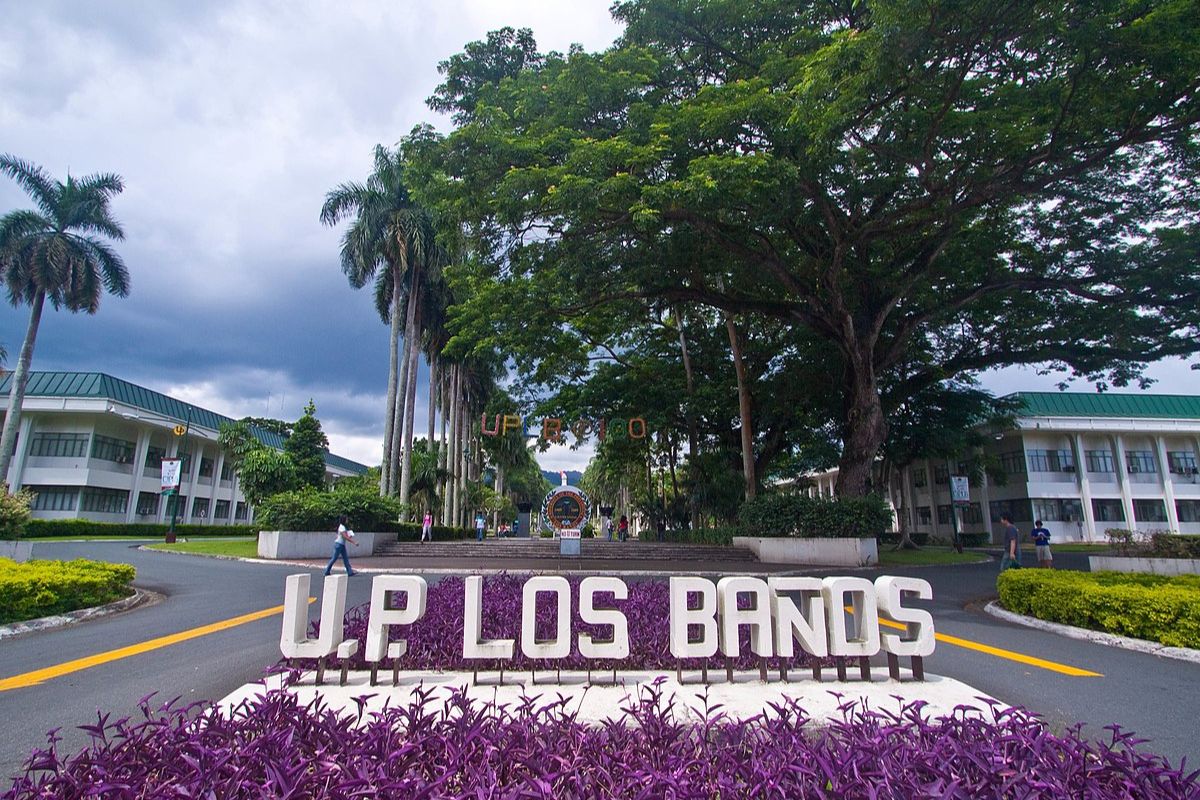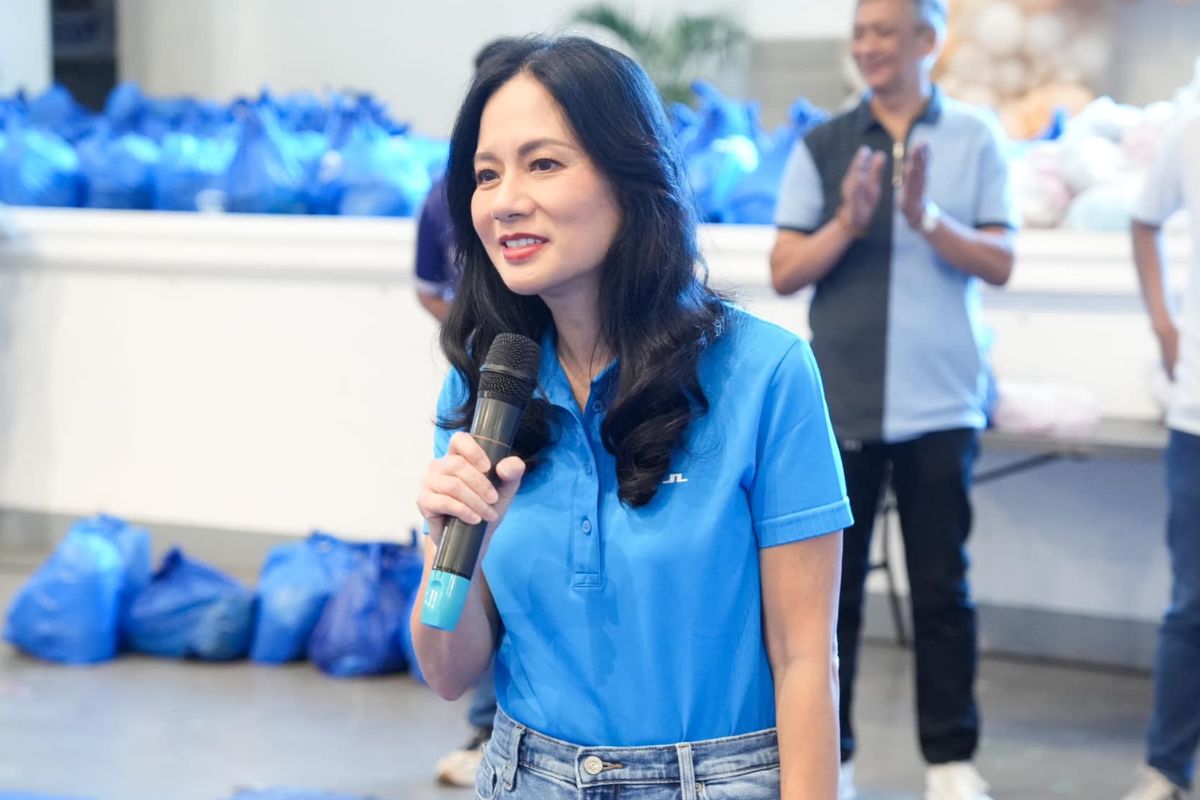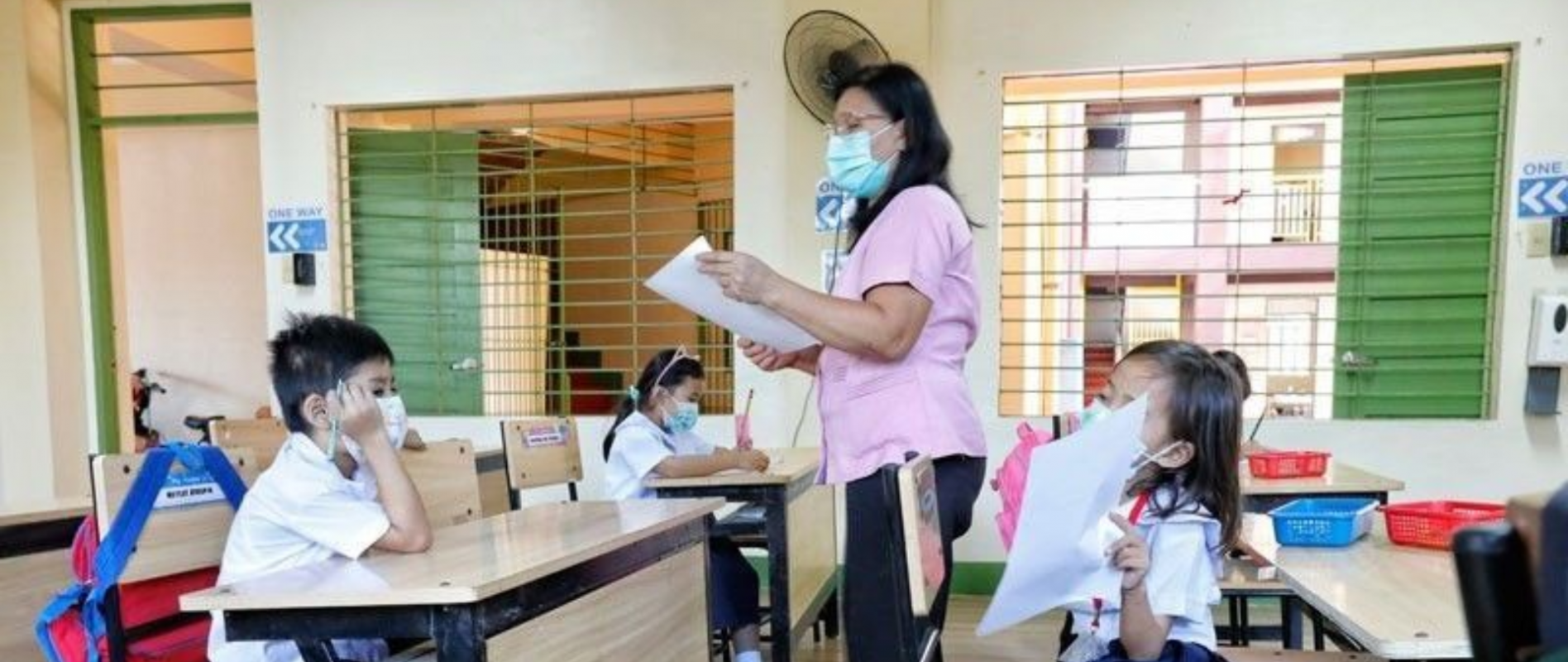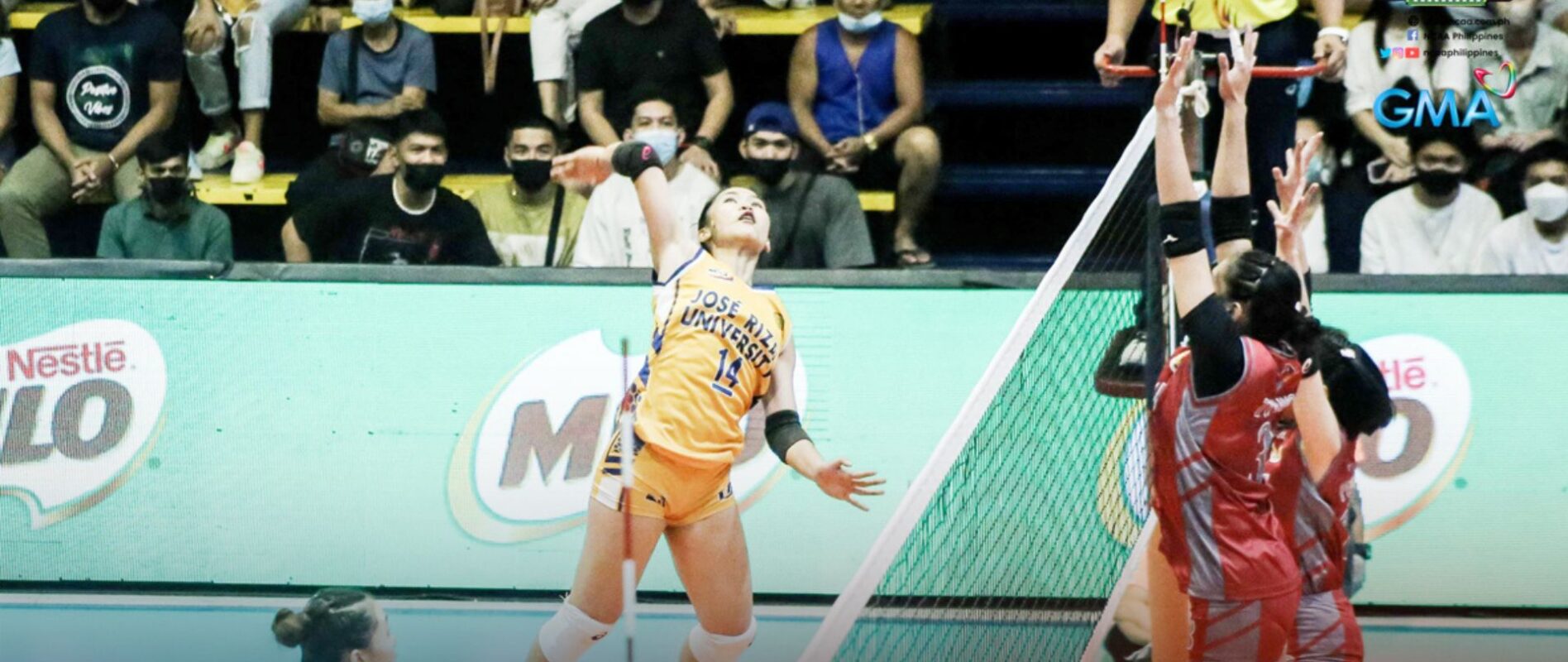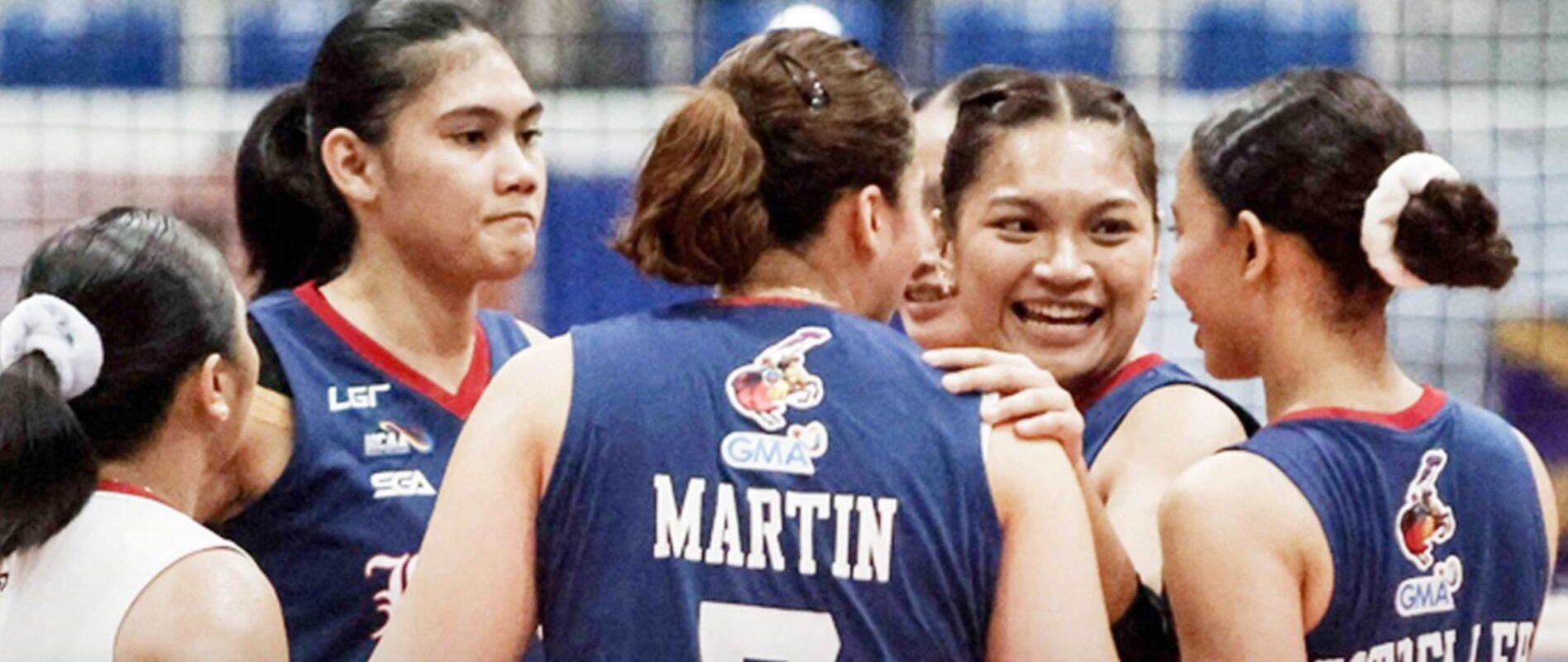SENATOR PROPOSES PRIVATE EDUCATION VOUCHER PROGRAM TO EASE SCHOOL CONGESTION
SENATOR Jinggoy Estrada has filed Senate Bill No. 1073 seeking to establish a Private Basic Education Voucher Program and create a new Bureau of Private Education under the Department of Education (DepEd).
The measure aims to expand access to quality schooling while decongesting public schools.
The bill seeks to update provisions of the Expanded Government Assistance to Students and Teachers in Private Education (E-GASTPE) Act, which amended the earlier GASTPE law.
Estrada said a stronger and more comprehensive voucher system would help underprivileged students afford private school education while addressing overcrowding in public schools.
“The Constitution guarantees every Filipino’s right to quality education. Through a modernized voucher program, we can give poor and deserving students more choices while easing the burden on our congested public school system,” Estrada said in his explanatory note.
Under the bill, vouchers will be given to kindergarten, elementary, and secondary students who wish to enroll in accredited private basic education institutions.
Priority will go to children from underprivileged families, students in areas without nearby public schools, and those in communities where existing schools are overcrowded.
DepEd will also create a registry of participating private schools with details on tuition, available slots, extracurricular programs, and other relevant information to guide parents and students in making informed choices.
To ensure accountability, private schools in the program will undergo regular assessments based on student performance, outcomes, and compliance with DepEd standards.
At least 70% of any tuition increase must be allocated to salaries and benefits of teachers and staff, while 20% should go to facilities and modernization.
The measure also proposes support for private school teachers, including government salary subsidies, in-service training, and scholarships for graduate studies.
Central to the bill is the creation of the Bureau of Private Education, tasked with overseeing subsidies, monitoring compliance, and coordinating with stakeholders to improve education delivery.
Estrada stressed that redistributing students between public and private schools will not only improve classroom conditions but also strengthen collaboration between the two sectors.
If passed, the measure will be gradually implemented beginning school year 2026–2027, with funding to be included in the national budget.
“Education should not be determined by one’s economic status,” Estrada said. “This bill ensures that more Filipino children, especially the poor, can pursue quality education whether in public or private schools.”


